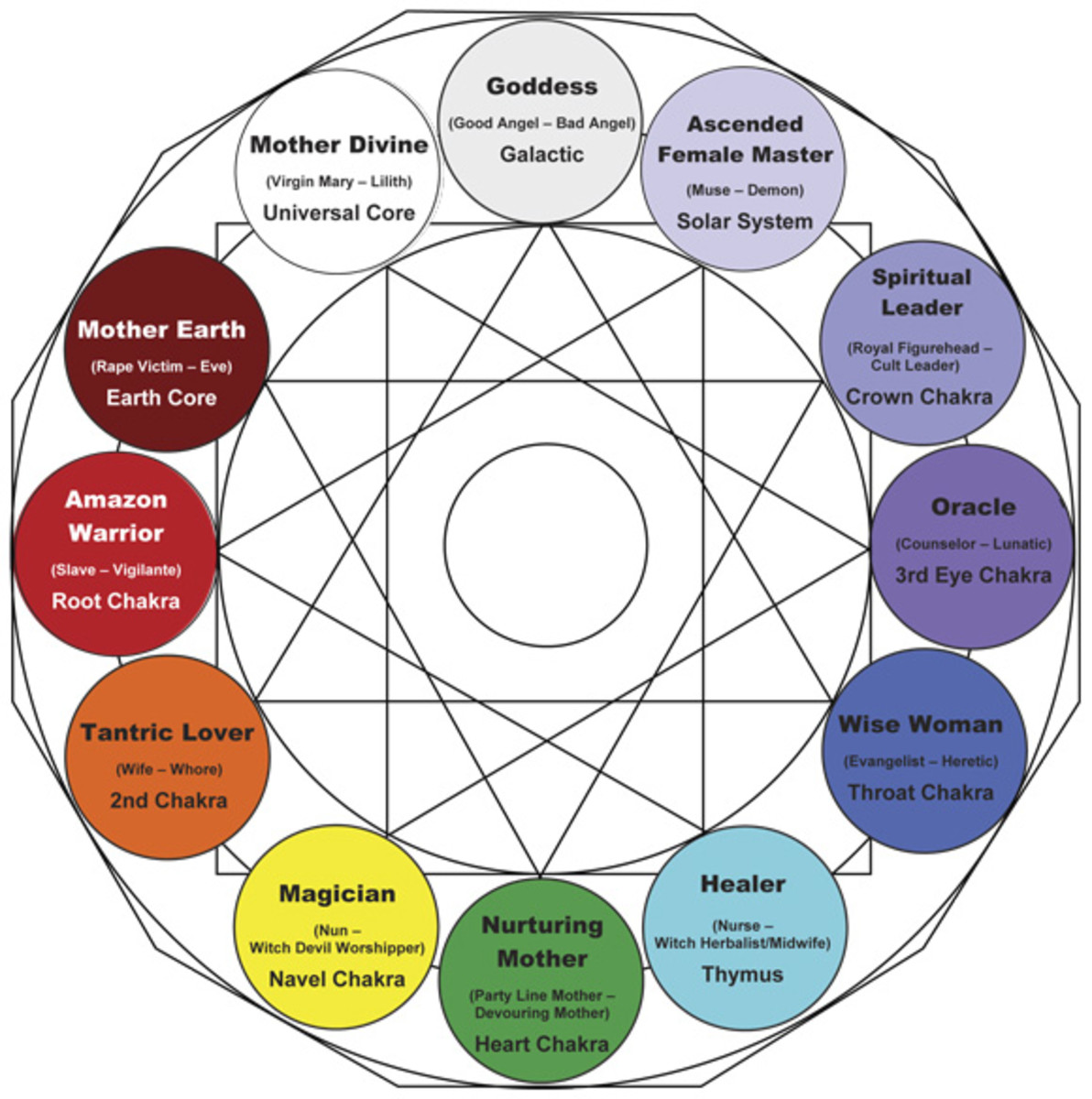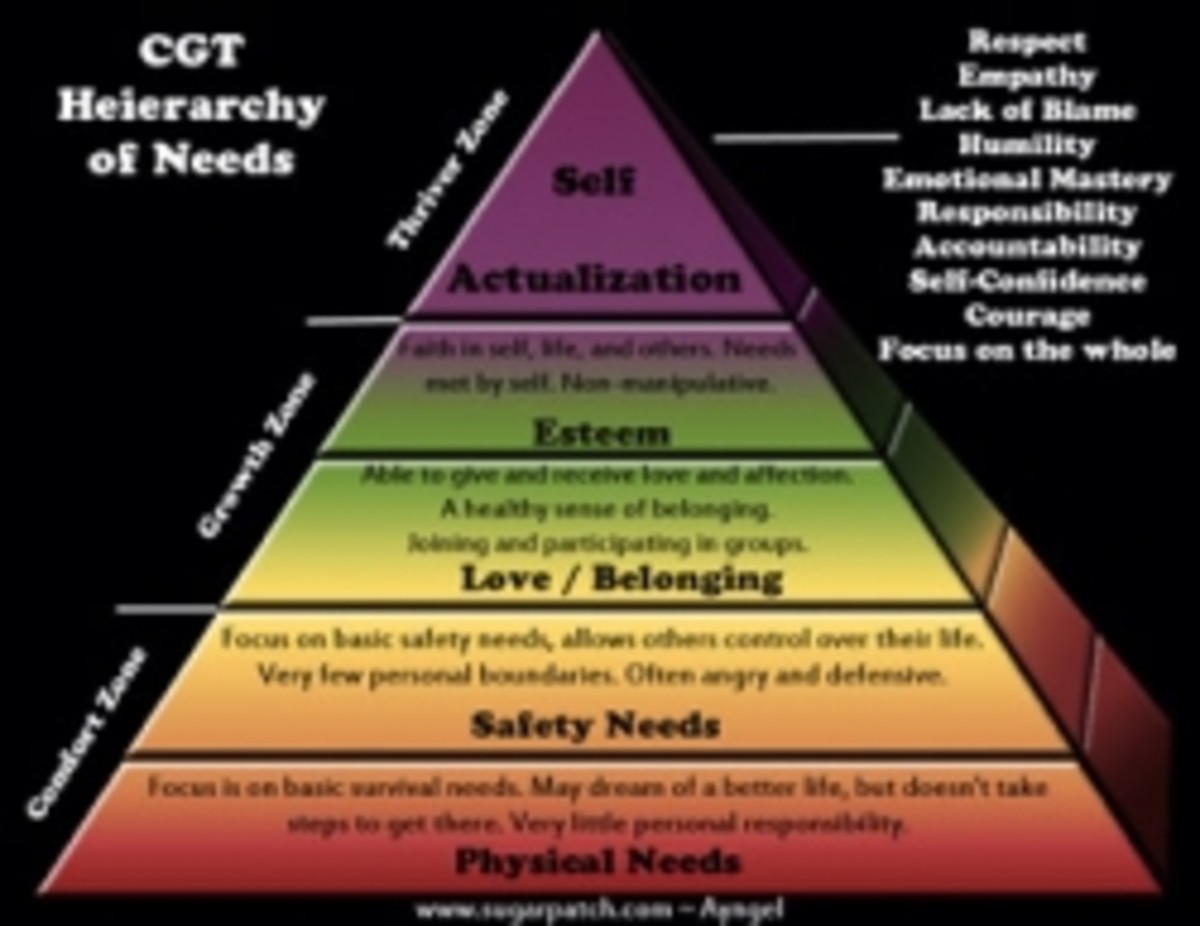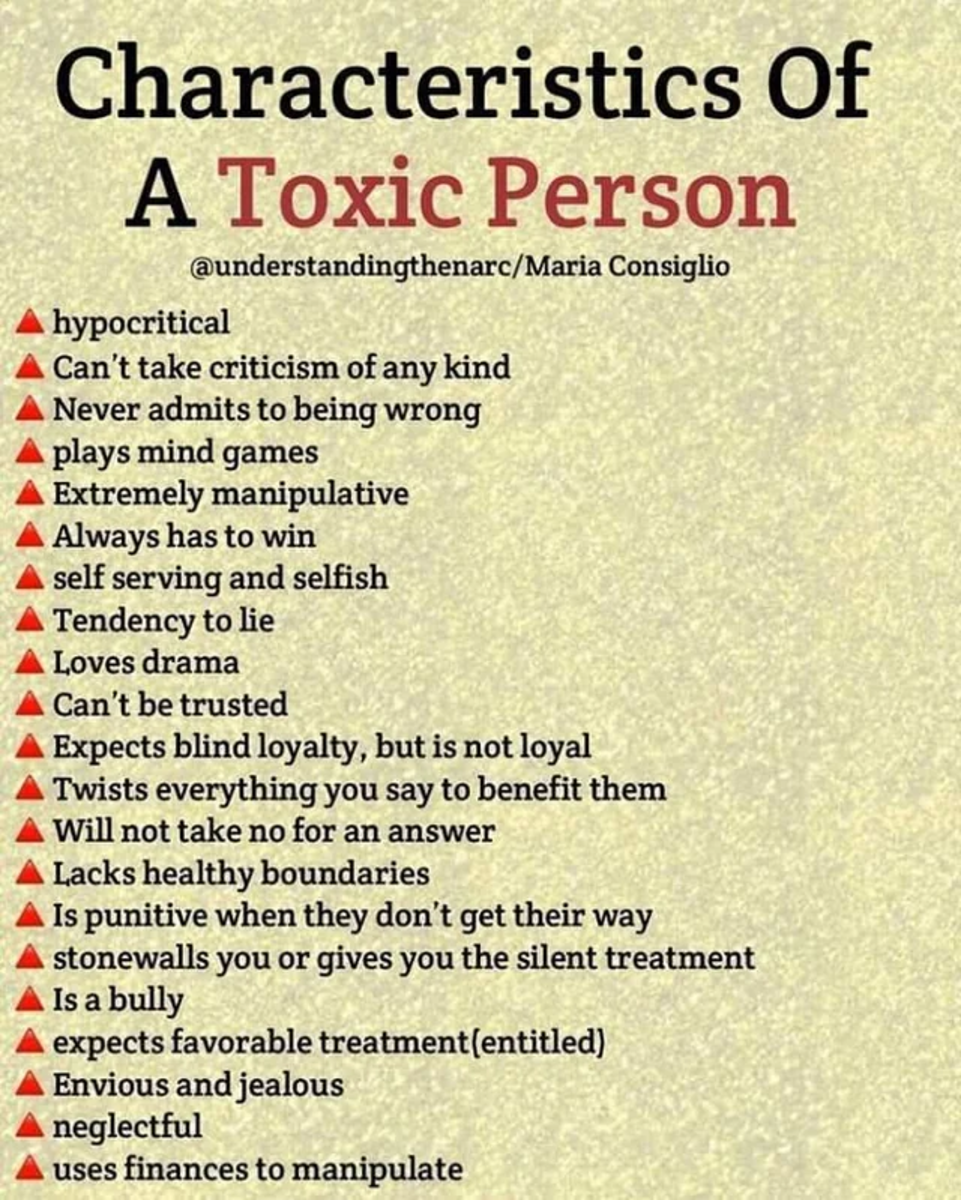Taking Care of Yourself While Caregiving for Others
Caregivers Have Heart

Care for the Caregiver
As a caregiver, you have many unique qualities and skills, but thinking of yourself and your needs usually isn't among them. You might know rationally that your physical and emotional health is important, if for no other reason than to be able to continue to provide care for someone else. Caregivers, by and large, don't put this rational thinking into practice.
More than half the caregivers responding to questions in a recent study admitted they don't have time to take care of themselves, or to go to a doctor. This is because caregivers put others' needs before their own -- part of the reason why they became caregivers in the first place.
But the secret to maintaining your own health and well-being is learning to put your own needs at the top of the list. It may feel selfish at first, but you can't take care of others if you yourself aren't healthy.
U.S. Family Caregiver Statistics
More than 34 million individuals provide care for someone age 18 or older with an illness or disability
|
One-fifth of all American households are affected by caregiving responsibilities
|
More than one-third of caregivers caring for someone age 50+ have reduced their hours working or quit their jobs
|
Caregivers provide 90 percent of all long-term care in the United States
|
Information gathered from the U.S. Centers for Disease Control and Prevention
Care for the Caregiver
Caregivers Need the Support of Other People
The "typical" family caregiver is a woman in her mid-forties who has some college education and spends at least 20 hours a week caring for her mother. There are many other care giving situations, but a feature that is true of them all is that care giving requires time, energy and often financial constraints.
Where and how are you going to find someone to ease the burden? Think back to those people who have offered assistance in the past. You likely thanked them for their offers, but declined any help. Reconsider now; ask them if you can take them up on their offers. Perhaps there is someone who would be willing to sit with the care recipient while you ran errands, or maybe that person would be willing to run an errand or to for you.
Do you have siblings who live at a distance from you? It isn't practical for them to be physically available to provide the caregiver support you need, but if you are experiencing financial costs related to your care giving, ask for their assistance.
Six Simple Rules for Caregivers
Seek the Support of Other Caregivers
Fortunately, finding other caregivers with whom you can connect is as easy as accessing the Internet. There are many types of support groups for caregivers, from the specific to the general.
Caregivers Support Groups has a wide variety of members who are caring for different types of individuals, from an ill or disabled spouse, an adult child with disabilities, or one or both parents. Chances are you will find someone to connect with here that will understand your situation and be able to lend moral support.
Today's Caregiver is another example of a site to find support. Additionally, there is lots of useful information there, too, about medical conditions, resources available, and up-to-date info related specifically to caregivers.
The list of available support groups and resources is nearly endless. To find one or more groups for your needs and situation, simply use your favorite search engine and type in "caregiver support" or "caregiver resources" and hone the list from there. You may be happily surprised to find you are far from alone in your circumstances.
Caregivers Act Like Superheroes, But You Are Not Invincible
How to Take Care of Yourself: Remember the Basics
As a caregiver, you likely have little trouble prioritizing the needs of your care recipient. It's your own needs that slip by the wayside as you try to fit 36 hours of a "to do" list into a 24-hour day. In allowing your own needs and health to go by unheeded is a recipe for decreased energy and stamina, depression and even illness in the days and months ahead.
Prevention in the form of a balanced, nutritionally sound diet each and every day and at least 30 minutes of moderate physical activity most days of the week is vital.
Even if you are physically active in your care giving role, eek out some time just for you to walk, dance, do yoga, or whatever your preference is for activity. This "me-time" activity can do wonders for your physical and emotional health.
As for the healthy diet, you are already seeing to the nutritional needs of your care recipient. Slipping your own nutritional needs in there shouldn't be too energy-draining. What will become an energy drain is when your body doesn't have a constantly replenishing supply of the nutrients it needs to function at its best.
Hubs of Interest for Caregivers
- Caring for an Aging Parent: Family Members as Caregivers
We usually do not think about caregiving until...The answer to the question... is a resounding, “Yes!” and “No!” How's that for ambiguity!?!...you are the primary caregiver...hands on care... - Caregivers of Disabled Family Members
Advice and resources for individuals who are caregivers for disabled family members. Includes resource list for additional support. - At Home Caregiver: How to Equip a Handicapped Bathroom
Sources
- Caregivers Save U.S. Health Care System Money in Uncompensated Care - AARP Bu...
Overwhelmed caregivers save the U.S. health care system billions in uncompensated care. - Caregivers Save U.S. Health Care System Money in Uncompensated Care - AARP Bu...
Overwhelmed caregivers save the U.S. health care system billions in uncompensated care. - CDC - Caregiving Facts - Aging
Statistics about family caregivers in the United States








